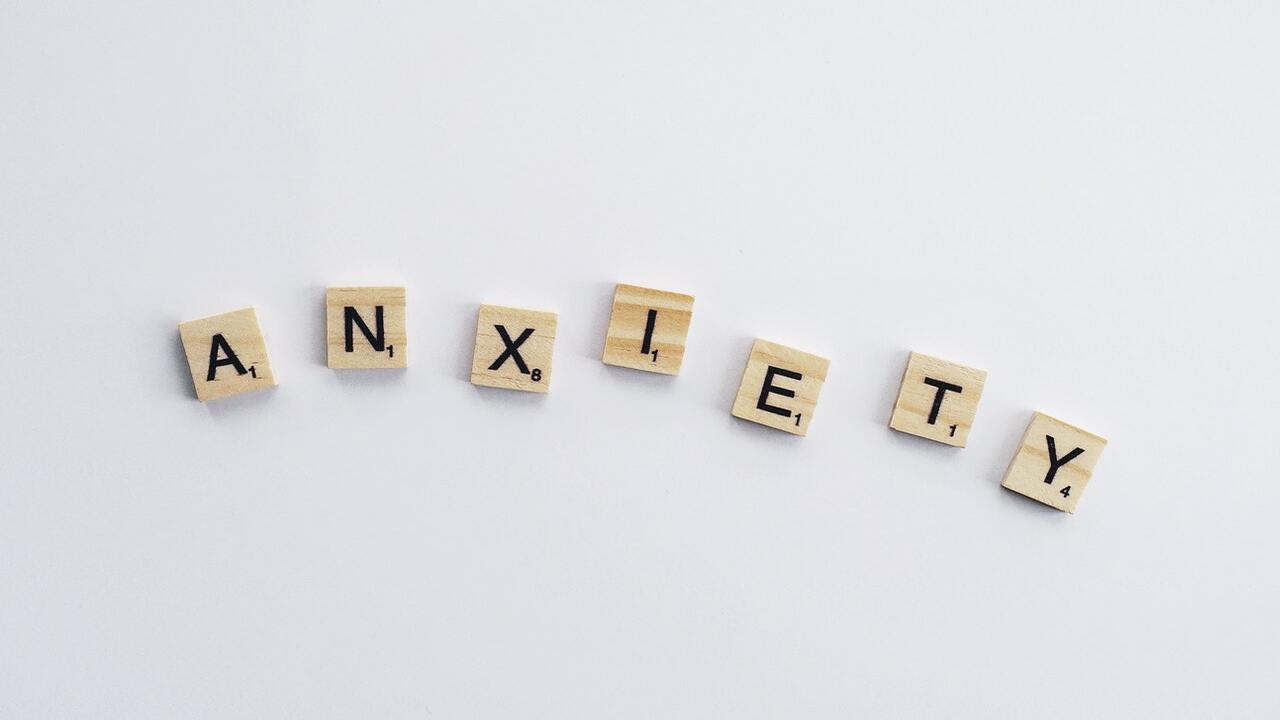What causes pain?
Pain is sending a message to the brain that we need to act, for example quickly taking our hand away from something hot or rubbing a nettle sting with dock leaves. However, chronic pain has no such useful biological function. When pain becomes more persistent it also becomes more complex. Research suggests that there are numerous psychological, emotional, physical, and neurological elements to pain.
Often the cause of pain is obvious, such as a broken leg or a bruise. However, sometimes there are times when pain is unseen, and it can become long term. It can be steady, throbbing, stabbing, aching or described in many other ways. It can be debilitating, as well as causing other symptoms such as nausea, dizziness, weakness, or drowsiness. It can have a significant impact on your daily life, affecting motivation, mood, your job and relationships. Many people with pain also find it difficult to sleep at night, as sleep deprivation can make pain worse it can become a vicious cycle. When pain becomes persistent and long-lasting, it is highly exhausting. Typical painful conditions include migraines, headaches, joint pain, osteoarthritis, rheumatoid arthritis, back pain, pain from IBS, musculoskeletal pains, fibromyalgia, neuropathic pain, and more.
Chronic pain can come in many different forms and appear across your body. Typical painful conditions include:
• Migraines
• Headaches
• Joint pain
• Osteoarthritis
• Rheumatoid arthritis
• Back pain
• Neck pain
• Pain from IBS
• Cancer pain
• Musculoskeletal pains
• Fibromyalgia
• Neuropathic pain
• Neurogenic pain is from damage to the nerves or other parts of the nervous system.
Chronic pain often leads to other symptoms including:
• Anxiety
• Depression
• Fatigue, or feeling overly tired most of the time
• Insomnia, or trouble falling asleep
• Mood swings
How can we help?
Hypnotherapy helps to give you the ability to gain control over your mind, which contributes to your pain sensations. It helps alleviate the stress and anxiety that your pain is causing, whilst helping improve your sleep pattern and breaking the vicious cycle. It also helps to create a steady flow of serotonin which helps to interrupt pain signals received by the brain. It can provide powerful, effective relief allowing you to minimize or avoid painkillers.
For further help and support regarding pain, these links may be useful:
https://www.nhs.uk/live-well/healthy-body/ways-to-manage-chronic-pain/
https://www.nhs.uk/live-well/healthy-body/10-ways-to-ease-pain/
















